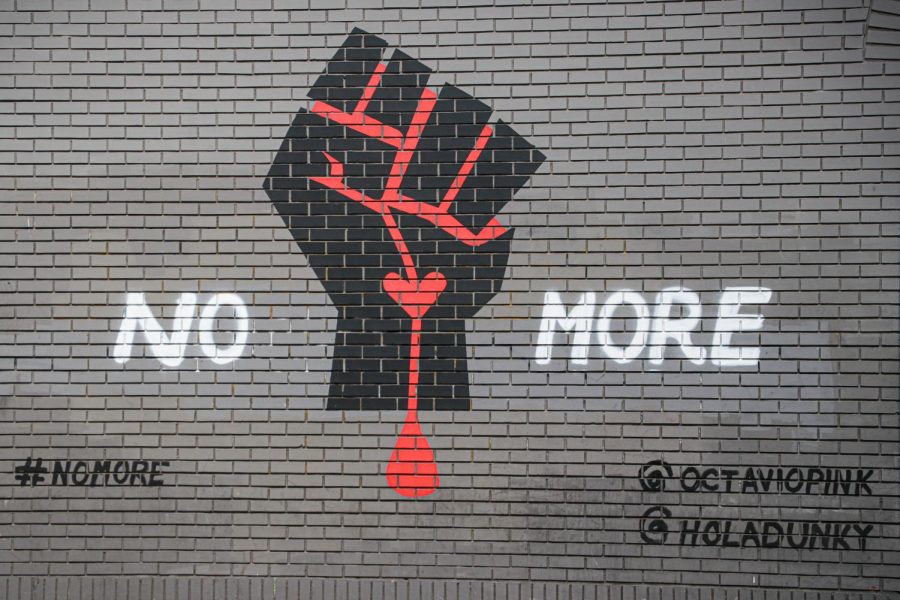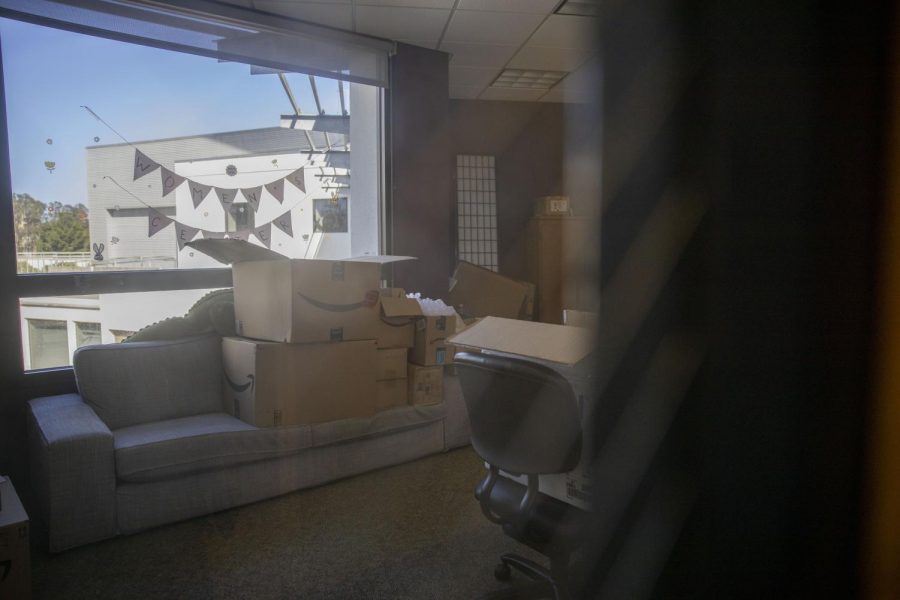A group of bike riding instructors and sustainability strategists toured SF State for the first time Thursday, April 24, giving students the opportunity to learn about alternative forms of transportation.
“Our goal is to present a holistic approach towards sustainability for students and faculty,” said Antonio Capretta, the owner of Toward Route Zero, a college sustainability tour that showcases innovations in transportation.
Capretta hoped that the exhibit, which was hosted in partnership with Sustainable SF State, would excite students who are not normally interested in sustainability.
“The tour is introducing new choices, providing information of the capabilities of these innovations, and hopefully inspiring new perspectives regarding the future of our planet,” Capretta said.
The exhibit, held in front of the Student Services Building, toured six Northern California colleges and universities last week and the week before, including Stanford University, Santa Clara University, UC Davis, UC Merced and Sonoma State University.
Sharon Daraphonhdepth, a sustainability strategist at the Cesar Chavez Student Center, said that she thinks the event shows SF State’s commitment to reducing greenhouse gases and eliminating dependence on fossil fuels.
“Though we encourage biking and public transportation here on campus, seeing other alternatives such as electric cars and bikes, adds an extra cool factor to eco-friendly transportation options,” said Daraphonhdepth.
SF State’s Parking and Transportation Department does not keep track of statistics concerning all the bikes on campus, but on average 150 people use the campus Bike Barn per day, and due to high demand, the University recently installed new bike racks with plans to add more in the future.
Erik West, the founder of Meet Your Bike said that SF State was one of the most engaging campuses that the Toward Route Zero Tour visited last week.
“We had hundreds of students interested in the topic and displays at most campuses,” said West. “SF State brought us a wide variety of ages and—therefore—questions from global impacts, to commutes, to biking with kids.”
West mentioned that the varieties of bikes are meant to show how they can accommodate students’ personal needs now or as their needs change in the future.
One of the bikes featured during the event was the GenZe, which speeds up to 30 mph and includes a spacious storage bin for carrying items and a charger for phones, tablets and laptops. The bike also allows students to remove its portable battery for convenient charging.
“When students make buying decisions in the future, they will know that these eco-friendlier options exist and they are less likely to go and buy a regular car,” said West.
Toward Route Zero is planning an extended tour of schools and corporate campuses.





